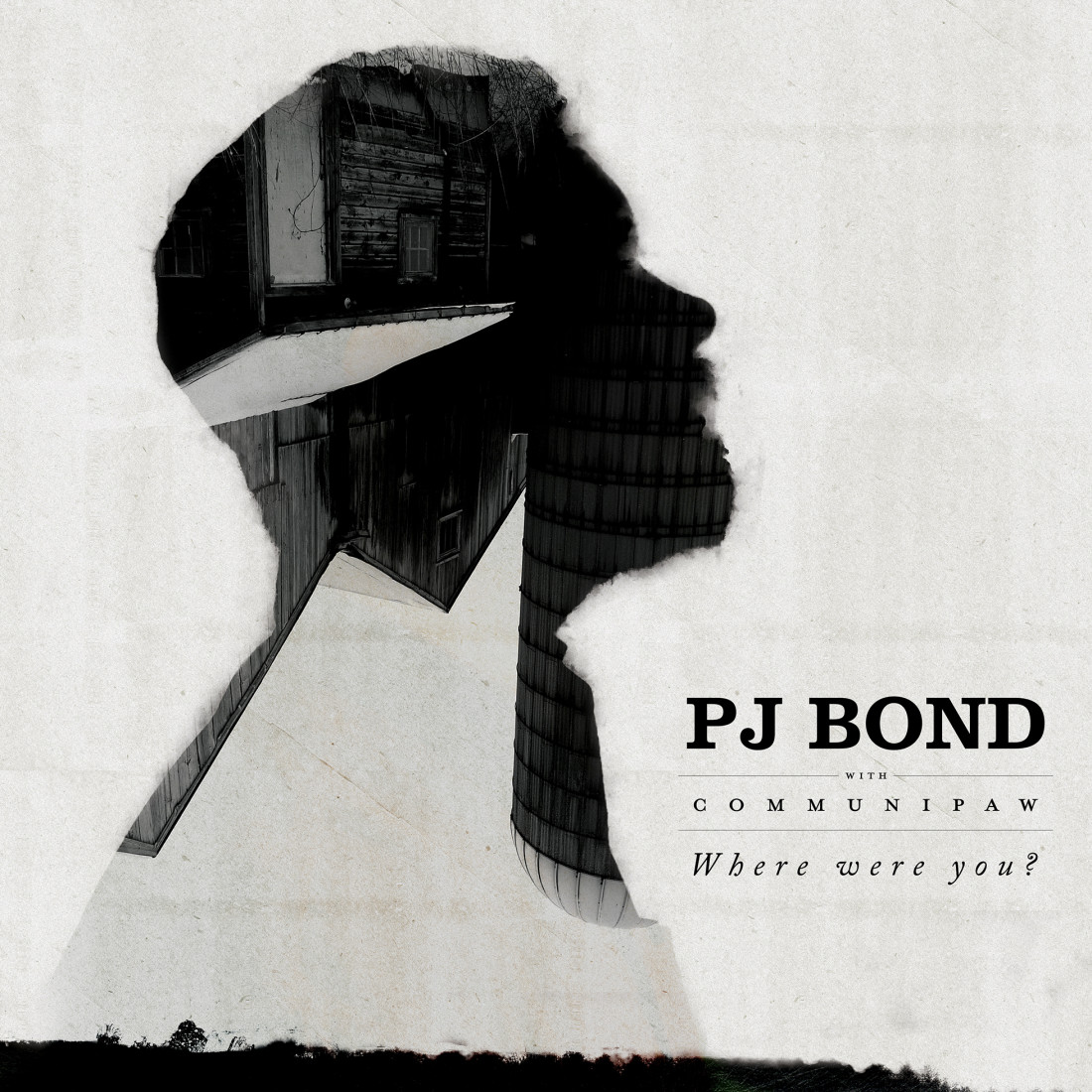“I came to town with nothing but a warning / everyone here hears everything,” PJ Bond sings in the first measures of “Everglades,” the lead track on his new album, Where Were You. Like the rest of the lush indie-folk-pop album, it’s at once simple and complex. It also feels (despite the title) like a comment on Asheville, but this is no longer Bond’s home base. Then again, even though his Facebook page places him in Philadelphia, the former Ashevillian (and brother to Sirius.B guitarist Pancho Romero Bond) is busy touring Europe.
Bond’s catch phrase for his sound is “honest music about real things” — and that’s a damn good summation, but it suggests bit more earnestness than the 11 tracks of Where Were You actually reveal. Not that the songs are without integrity. In fact, with continued play, they seem to peel back layers, revealing strata of meaning, insight and imagery. But Bond is not a blushingly heart-on-sleeve songwriter. He telegraphs sophistication, even through the rounded vowels of his regional dialect. He’s a storyteller, crafting songs around the sort of slight-of-hand of tucking words into melodies, letting the keen of a guitar tone color the emotional intent; balancing a whittled line on a wrench-tight beat.
“Young Samantha in her Catholic school skirt / invited me to go down and hear the bands play. / Radio kept us honest / the radio will keep you honest,” he sings on “’87 Broadcast.” That song borrows both its nostalgic whimsey and youth-infused energy from early Elvis Costello — not that it feels derivative. The best of rock contains a kind of tightly-coiled vitality, finding footing between losing control and reigning the tempest. Bond taps that sheer joy (see? integrity), then turns on a dime and plays aching waltz, “Hellfire.”
Really, where Bond lives, musically, seems to be in the space between ache and bombast. He keeps a foot in both worlds, just as he also taps a certain brightness (the insistent shimmer of cymbals on “The Better Option,” that song’s vocal incline) while never wholly eschewing darkness (the particular melancholy of “Neighborhoods,” the way a guitar chord or two can fill in space while also pointing to its spareness).
Bond writes folk songs for people who live in cities; he writes traveling songs for people who commute on foot and rarely leave their neighborhoods. There’s a snow globe feel to Where Were You, an embrace of the microcosm. It’s an interesting perspective — this focus on the inner world — coming from someone who seems to spend so much time in cars, on airplanes, logging miles and venturing to far-flung locales. Even the song “Lucknow to Birmingham” places the narrator at home. But in literature it’s often the expats who are best able to write about the addresses they fled, and Bond seems to be onto something with his new collection of songs. It’s both cozy and vast, expansive and immediate.
Final song “We Were Just Kids,” punchy and infused with insouciance, dances the album to its conclusion. Listen closely and Bond gets personal (even if the verses aren’t autobiographic, they delve into universal themes of growing up, making mistakes, living with consequences). Lyrical analysis isn’t necessary. The sting of percussion and crunch of guitars is enough; the melody is culled from another time, a memory faded but still potent.




Before you comment
The comments section is here to provide a platform for civil dialogue on the issues we face together as a local community. Xpress is committed to offering this platform for all voices, but when the tone of the discussion gets nasty or strays off topic, we believe many people choose not to participate. Xpress editors are determined to moderate comments to ensure a constructive interchange is maintained. All comments judged not to be in keeping with the spirit of civil discourse will be removed and repeat violators will be banned. See here for our terms of service. Thank you for being part of this effort to promote respectful discussion.